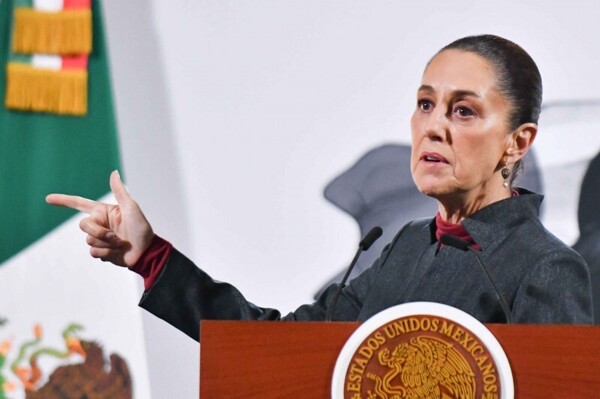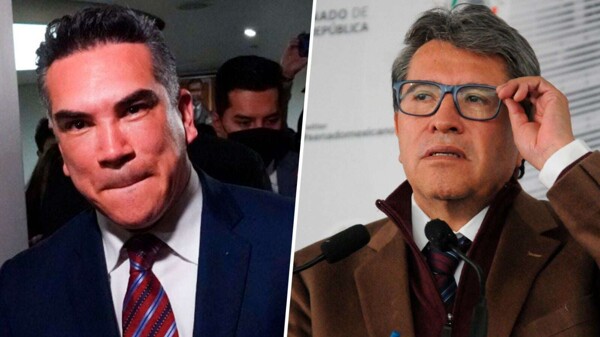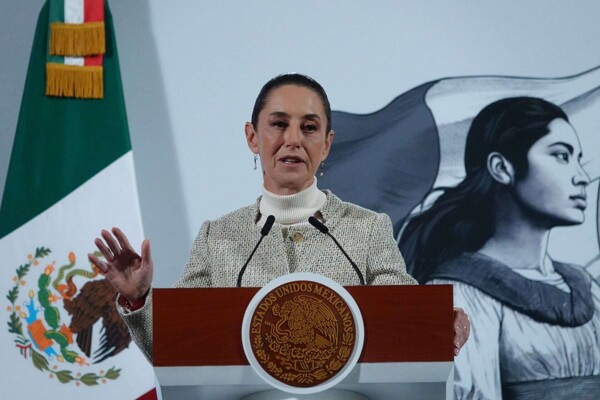
The Mexican economy will face weak performance this year, partly due to restrictive monetary policy. Vanguard's Chief Economist for America, Roger Aliaga-Díaz, pointed out that the Bank of Mexico has limitations in reducing the interest rate due to external factors. This dilemma forces the Mexican monetary authority to balance between supporting the economy in the short term, avoiding the depreciation of the peso, and controlling inflation.
"Banxico prefers not to push for much growth," said Aliaga-Díaz. He warns that if aggressive actions are implemented, financial markets anticipate low growth and high inflation, which would generate an inflationary shock with unpredictable consequences. This could significantly affect the market if such a scenario is forecasted.
Another risk is that in the event of a frozen monetary policy, central banks would not be able to intervene effectively, potentially triggering volatility in the markets. External uncertainty regarding the policies of the new Trump-led administration in the United States complicates the economic outlook.
In the words of economist Aliaga-Díaz, "it is a complicated scenario." However, there is a potential relief in sight towards the year 2026, if some of the current uncertainties can be resolved. The policies of the U.S. administration, especially regarding immigration and tariffs, maintain uncertainty and contribute to volatility in the economic environment.














